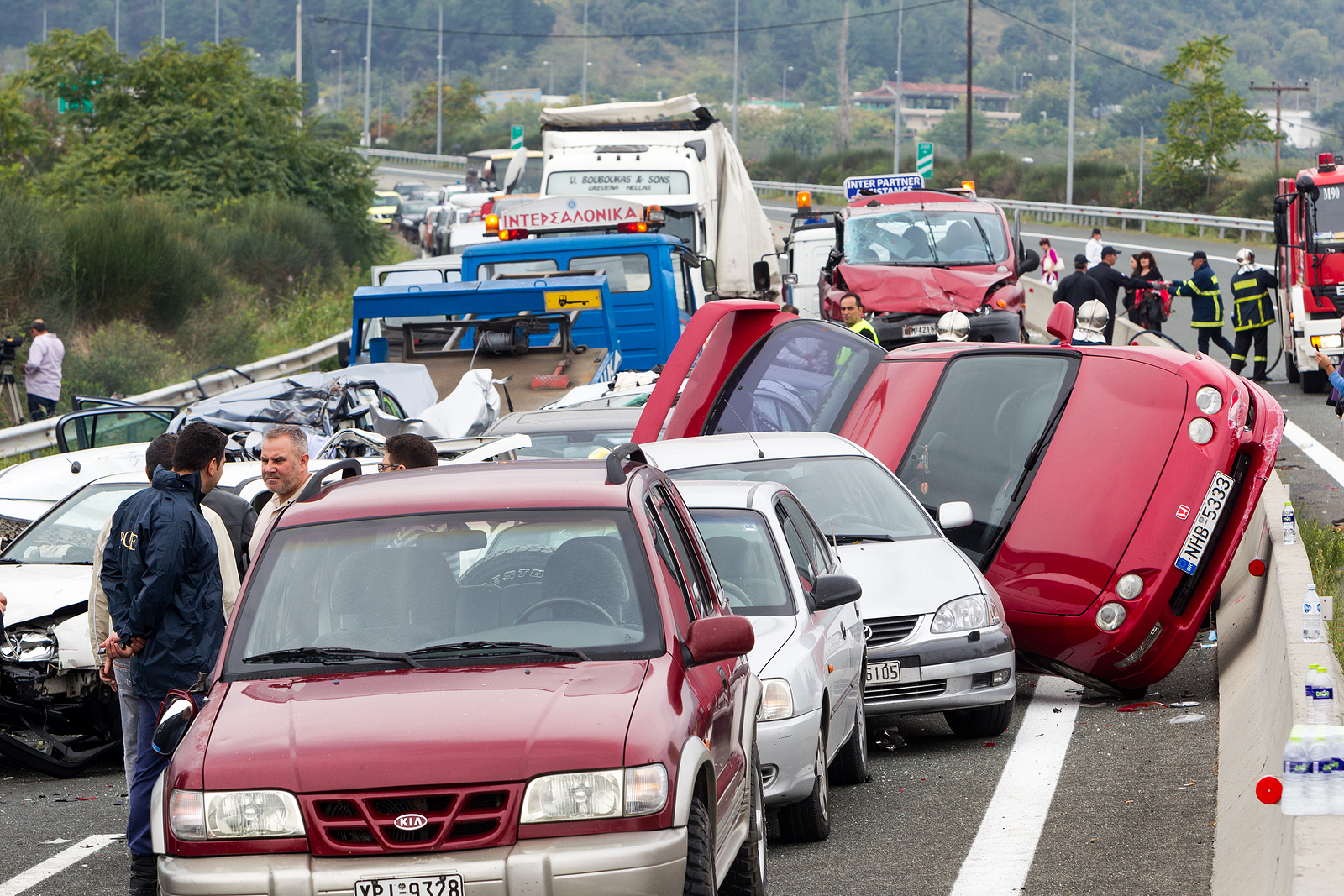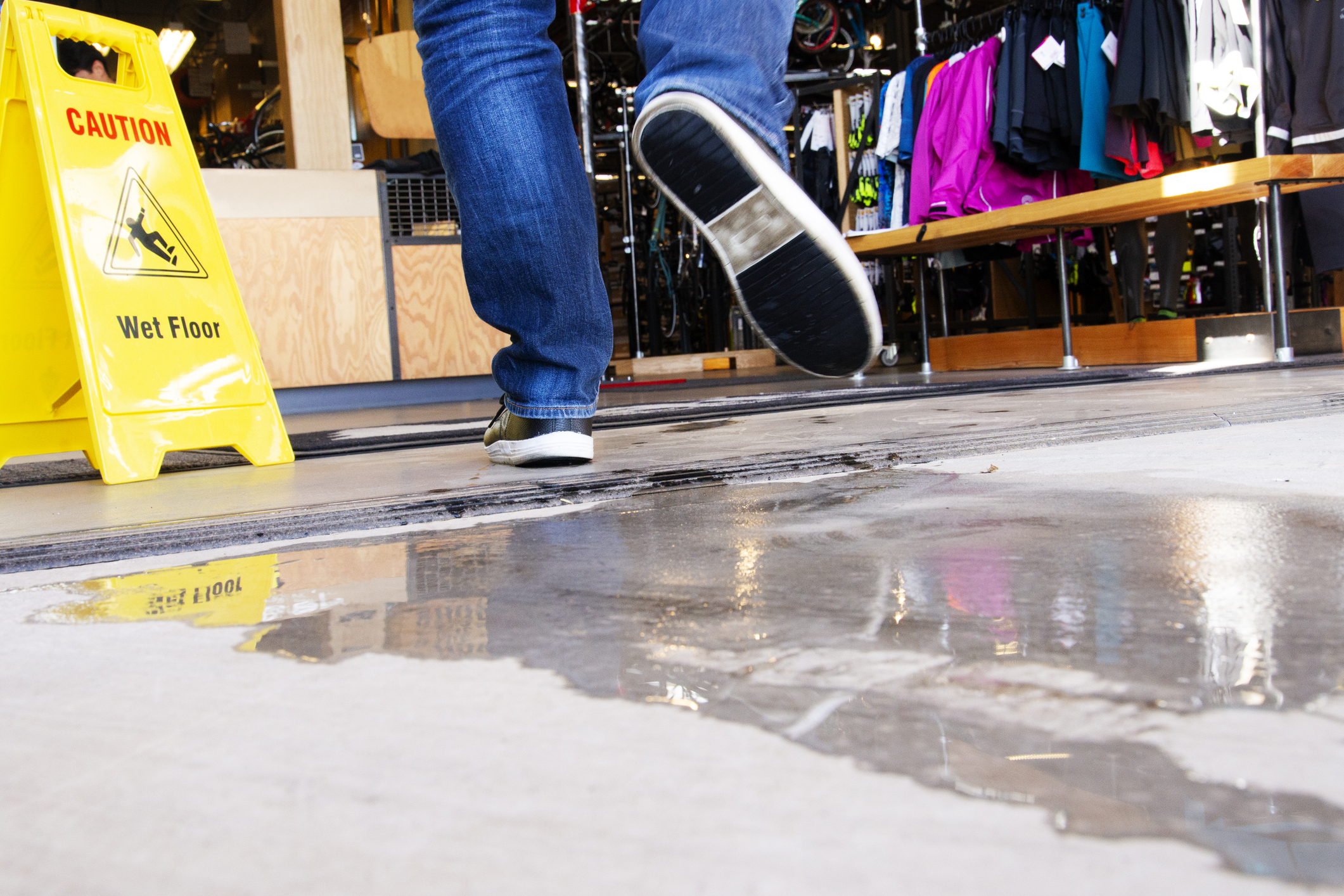Legal Challenges in Multi-Vehicle Accidents: A Florida Perspective
Picture a busy highway during rush hour when a single car abruptly stops, causing a chain reaction of collisions involving multiple vehicles. These multi-vehicle accidents, often called “pileups,” can result in devastating injuries, significant property damage, and complex legal battles. In Florida, where heavy traffic and unpredictable weather contribute to road risks, understanding the legal framework is essential to protecting your rights and seeking compensation for injuries. Florida law, particularly its no-fault insurance system, adds unique challenges involving multi-vehicle accident cases.
What Makes Multi-Vehicle Accidents Unique in Florida?
Multi-vehicle accidents differ from two-car collisions due to the number of parties involved and the complex interplay of legal and insurance issues. These crashes often occur in scenarios such as chain-reaction collisions, highway pileups, or intersections with high traffic density.
5 Key Factors That Complicate Liability in Florida
Understanding the factors complicating liability in multi-vehicle accidents is essential for anyone involved. These factors often determine the complexity of claims and the compensation a victim may receive. Below are five key considerations that make resolving liability in Florida particularly challenging:
- Multiple At-Fault Parties: Determining fault is challenging when several drivers may share responsibility.
- Conflicting Accounts: Witness statements often conflict, making establishing a clear narrative of events harder.
- Insurance Disputes: With multiple insurers involved, disputes over coverage limits and payouts are common.
- Extent of Damages: The severity and scope of injuries and property damage can complicate settlements.
- Contributory Negligence: Florida’s comparative negligence rule allows the fault to be apportioned among all parties, potentially reducing your compensation.
No-Fault Insurance and Its Role in Multi-Car Accidents
Florida’s no-fault insurance system requires drivers to carry Personal Injury Protection (PIP) coverage, which pays for medical expenses and lost wages regardless of fault. However, PIP benefits are limited, and injured parties must meet the state’s “serious injury threshold” to pursue further compensation through a lawsuit. Florida Statute §627.737 defines the criteria for serious injuries, including significant disfigurement, permanent disability, or death.
Determining Fault in Multi-Vehicle Accidents
Identifying who is at fault in multi-vehicle accidents is necessary but complex. Florida follows a pure comparative negligence system, as outlined in Florida Statute §768.81. Comparative negligence means that each party’s compensation is reduced by their percentage of fault.
Role of Evidence in Establishing Fault
Thorough evidence collection is essential to determine fault:
- Accident Reports: Official police reports provide a factual summary of the collision, including details about the vehicles involved, road conditions, and any citations issued. These reports often serve as a foundational piece of evidence in determining liability.
- Witness Statements: Eyewitness accounts can help corroborate the sequence of events by providing independent perspectives on how the accident occurred. They can be critical in resolving disputes over fault.
- Expert Opinions: Accident reconstruction specialists analyze factors like vehicle speed, impact angles, and road conditions to establish fault. Their professional analysis can offer objective insights that strengthen your case.
Identifying the primary at-fault driver simplifies liability disputes and ensures fair compensation.
Common Legal Issues Arising from Multi-Vehicle Accidents
Multi-vehicle accidents often present unique legal challenges due to the involvement of multiple parties, varying degrees of fault, and complex insurance disputes. These cases require careful legal analysis to determine fault and secure fair compensation for all victims. Understanding these challenges can help you attack the legal process more effectively and protect your rights.
Common legal issues in such accidents include:
- Disputes Over Fault Allocation: Disagreements over fault percentages can delay settlements involving multiple parties.
- Meeting the Serious Injury Threshold: Florida’s strict criteria for pursuing lawsuits can bar claims if injuries do not meet the legal definition of “serious.”
- Uninsured or Underinsured Drivers: If one or more drivers lack adequate insurance, securing full compensation may require additional legal remedies.
Protecting Your Rights After a Multi-Vehicle Accident
Taking immediate action after a multi-vehicle accident is vital to safeguarding your rights and building a strong case. To protect your rights, take the following steps following a multi-vehicle accident:
- Gather Evidence: Take photos of the accident, vehicle damage, and visible injuries. This documentation provides essential evidence to support your claim and helps establish liability.
- Notify Insurers: Report the accident to your insurance company promptly. Most policies require timely notification to ensure your claim process begins without unnecessary delays.
- Obtain Medical Care: Seek medical attention even if injuries appear minor. Early diagnosis can prevent complications and create a medical record supporting your injury claim.
- Document Injuries: Keep detailed records of your medical treatment and recovery. Comprehensive documentation strengthens your case and helps calculate the full extent of your damages.
- Consult an Attorney: Contact a Florida personal injury attorney to evaluate your case and protect your interests. An experienced lawyer can address intricate legal issues and maximize your compensation.
Filing a Lawsuit for Compensation
You may file a lawsuit to recover additional damages if your injuries meet the serious injury threshold. Florida law allows injured parties to seek compensation for:
- Medical Bills: These include the costs of emergency care, hospitalization, surgeries, and rehabilitation. Compensation for medical expenses ensures victims can afford necessary treatments without financial strain, allowing them to focus on recovery.
- Lost Wages: This refers to compensation for income lost during recovery, including missed workdays and reduced earning capacity. Reimbursement for lost wages helps victims maintain financial stability while they heal from their injuries.
- Pain and Suffering: These non-economic damages address physical pain and emotional distress caused by the accident. Compensation for pain and suffering recognizes the intangible impact of the accident on the victim’s quality of life.
Under Florida Statute §95.11, personal injury claims must be filed within two years of the accident. This statute of limitations is critical because missing the deadline can forfeit your right to pursue compensation, regardless of the severity of your injuries.
While many cases settle out of court, achieving fair compensation often requires strategic negotiations or, in some cases, litigation. Settlements can provide quicker resolutions, but they may not always reflect the full extent of your damages. An experienced attorney can assess the specifics of your case, negotiate with insurers on your behalf, and determine whether proceeding to trial is necessary to secure maximum compensation.
Contact a Florida Attorney for Multi-Vehicle Accident Cases
Facing the legalities in multi-vehicle accident claims requires experience in Florida law and insurance practices. Swift action is vital to preserving evidence and meeting legal deadlines. At GONZ.LAW GROUP, our team has the experience and dedication to help you secure the compensation you deserve.
If you’ve been injured in a multi-vehicle accident, contact GONZ.LAW GROUP at 561-639-7858 for a free consultation.



